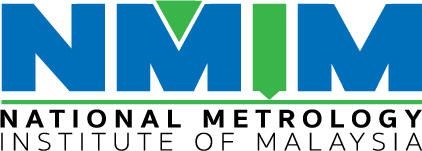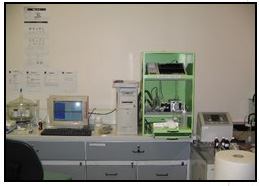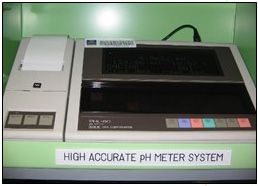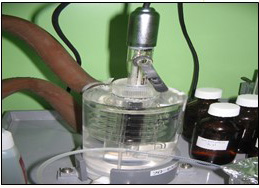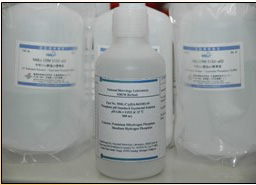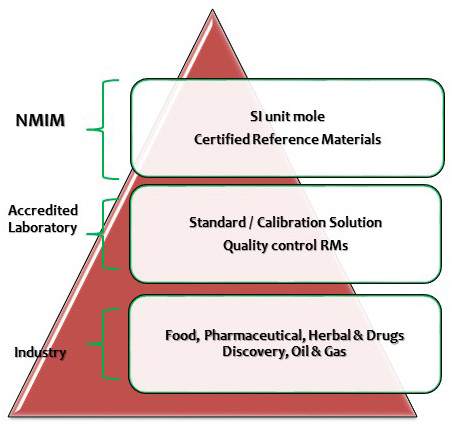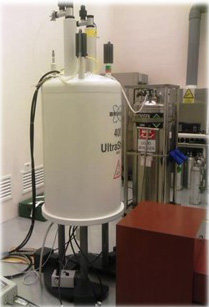Scientific Metrology
- Heavy Metal
- pH Measurement
- Structure Elucidation
- Elemental Measurement
- Gas Measurement
- Rice Moisture
- Blood Alcohol Content
- High Purity Organic Substance
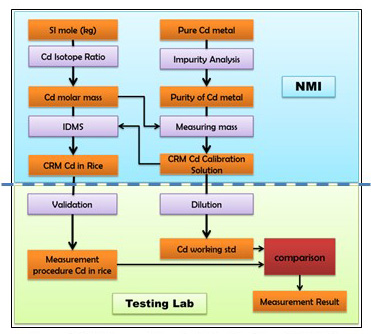
Heavy Metal Analytical Measurement
This section is responsible for realization of primary standard as CRMs by developing and maintaining core expertise in gravimetric analysis and isotope dilution inductively coupled plasma mass spectrometry (IDMS).
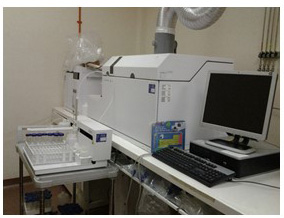
Traceability in inorganic analysis (e.g: Cadmium (Cd) in Rice
Heavy Metal Reference Material
This group is responsible for supplying metal standard solutions and matrix reference material that are used for method validation in the areas of industrial materials, environment and foods. Many studies have been conducted toward the advancement of existing analytical methods and the development of new methods in order to certify such reference materials.
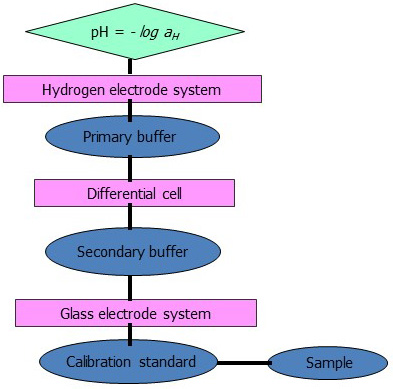
NMIM has developed pH buffer for the calibration of commercial pH meter at pH 4.01 and pH 6.86. The reference values are established by using glass electrode (High Accurate pH Meter System, PHL 90). Series of standard solutions ranging from pH 1.68 to pH 14.01 are under development and will be available for the calibration of various types of pH meters in 2016. With the list of pH standard solutions, NMIM is able to provide traceability for the calibration of pH meters.
Ph Buffer Solutions Available:
1.pH 4.01 at 250C
2.pH 6.86 at 250C
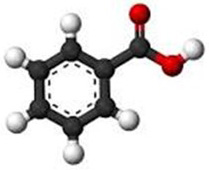
STRUCTURE ELUCIDATION OF ORGANIC SUBSTANCE USING NMR SPECTROSCOPY
The capacitance measurement services:
The chemical structure of an organic compound can be determined by NMR spectroscopy. Different atoms within a molecule resonate at different frequencies at a given field strength. The observation of the resonance frequencies of a molecule allows us discover structural information about the molecule. The structural elucidation based on intensive 1D and 2D NMR techniques.
1 Dimensional Experiment | 2 Dimensional Experiment |
•Proton, 1H •All Carbon CPD, 13C •DEPT 45, All protonated Carbon •DEPT 90, Carbon 3° •DEPT 135, Carbon 1° and 3° up, 2° down | •COSY, 1H - 1H correlation •HMQC,13C - 1H correlation •HMBC, 1H - 13C - 13C correlation |
Elemental Analysis using
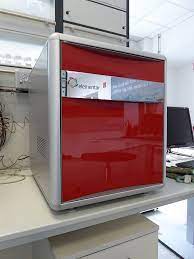
Energy Dispersive X-ray Fluorescence (EDXRF)
X-ray fluorescence (XRF) spectrometry provides an accurate and high precision quantitative for determination of ‘total’. ‘Total’ inorganic elements in solid samples such as soils, sediments, mining ores, dusts, consumer products (including paint, plastics, pharmaceuticals, cosmetics, electronic components and toys), metals and alloys (including jewellery).

NMIM offers a comprehensive suite of analysis from Sodium (Na) to Uranium (U) with sensitivity from <1 ppm up to 100 % by utilization of EDXRF.
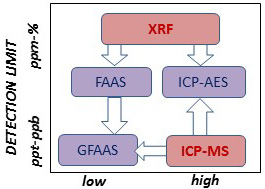
Purity Assessment of Precious Metal
EDXRF is an alternative method for analysis of precious metals. It is a nondestructive technique and therefore used for applications where there is a need to maintain the integrity of a sample.

Analysis of Hazardous Substances and Products for WEEE/RoHS Compliance by EDXRF
EDXRF has emerged as the primary method for screening products for Restriction of Hazardous Substances and Waste Electrical and Electronic Equipment (RoHS/WEEE) compliance.

Gas Group in Chemical Metrology Section is responsible in ensuring gas analysis and gas measurement in the country is traceable to gas reference materials.

Gas Calibration
Gas Calibration Laboratory provides calibration of gas analyzers and gas detectors. Multi-component gas mixtures are used to calibrate various types of these device.
| Commonly Monitored Gases | Measurement Range |
| Carbon Monoxide | Zero to 100 ppm |
| Methane | Zero to 50 %LEL |
| Hydrogen Sulfide | Zero to 100 ppm |
| Oxygen | Zero to 21% |
Calibration capability for gas detector
| Vehicle Emission Device | Measurement Standards |
| Carbon Monoxide | Zero to 4.5 % |
| Propane | Zero to 2000 ppm |
Calibration capability for vehicle emission devices
Gas Analysis
Gas Analysis Laboratory is equipped with Gas Chromatograph with various type of detectors; for example GC-FID, GC-TCD, GC-SCD, GC-ECD, GC-MS and GC-PDHID, which is an ideal tool to analyse gas samples and enabling our end users to determine the amount of different gaseous in a gas mixture.
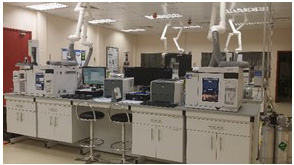
Moisture Content (MC) indicates the amount of water content in paddy or rice. National Metrology Institute Malaysia has developed the capability for calibration and verification of rice moisture meter.
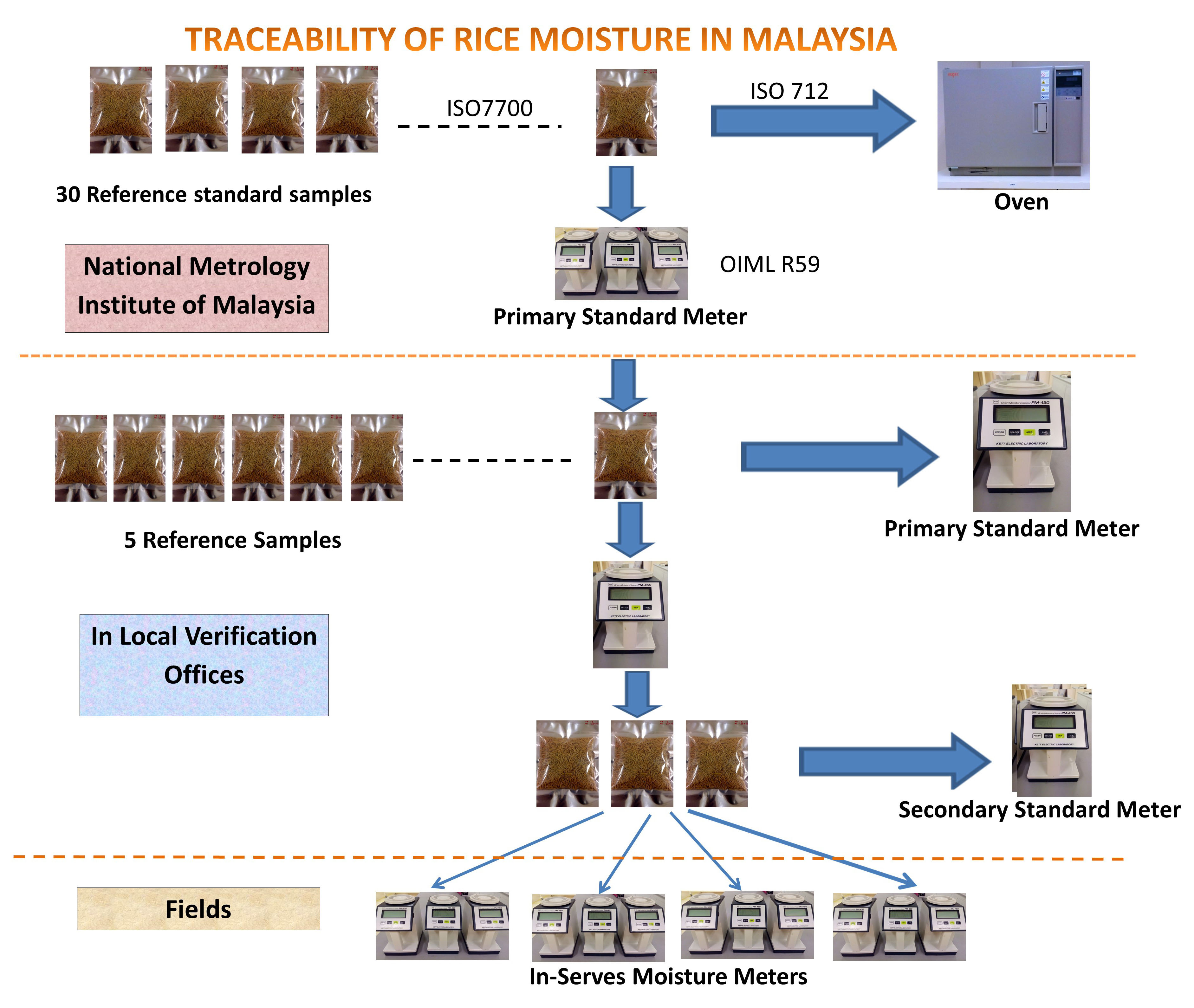
Moisture Meter (Capacitance Type)
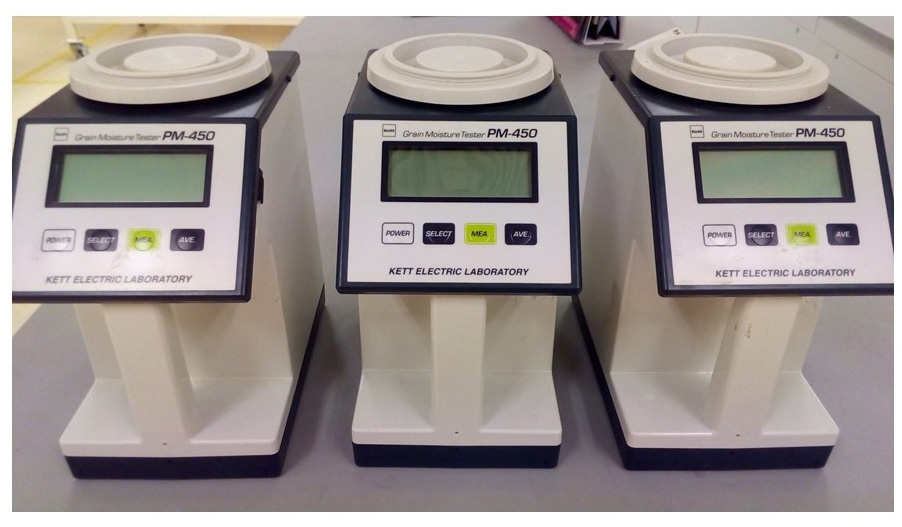
Measurement Range
Rice: 12 % to 16 % MCPaddy: 9 % to 30 %
Moisture Meter (Resistance Type)
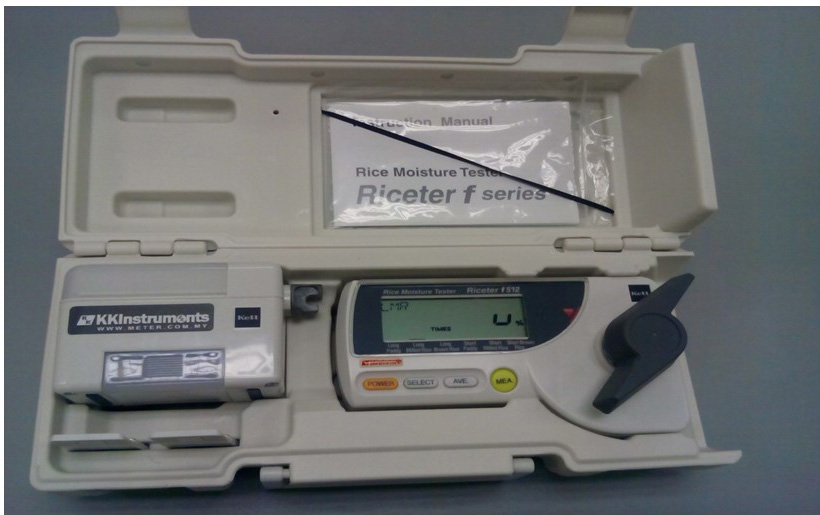

Blood Alcohol Content
Blood alcohol content (BAC) is commonly used as a metric of alcohol intoxication for legal or medical purposes. It can be measured by using a breath alcohol analyser device from a breath sample.
National Metrology Institute Malaysia (NMIM) is preparing the ethanol standard solution in the concentration range of 40 mg/ 100ml to 80 mg/100 ml as standard for calibrating and verifying breath alcohol analyser. The standard solution is prepared gravimetrically and confirmed the concentration by GC-FID using non-IDMS exact matching method. The performance of this method has been demonstrated in international comparison and the result was in good agreement with the assigned reference value.
Evidential breath analyzer
Quantitative Nuclear Magnetic Resonance (qNMR) has been developed for the determination of high purity organic compound. The qNMR is a fast and non-destructive method that has the advantage in determining purity by principal component analysis.
NMR Spectroscopy
Related Projects
National Metrology Institute of Malaysia (NMIM)
Lot PT 4803, Bandar Baru Salak Tinggi
43900 Sepang
Selangor Darul Ehsan
Lot PT 4803, Bandar Baru Salak Tinggi
43900 Sepang
Selangor Darul Ehsan
+6018–2121 833
Corporate Inquiries
Service Inquiries
Complaint & Feedback
Training Course Request
